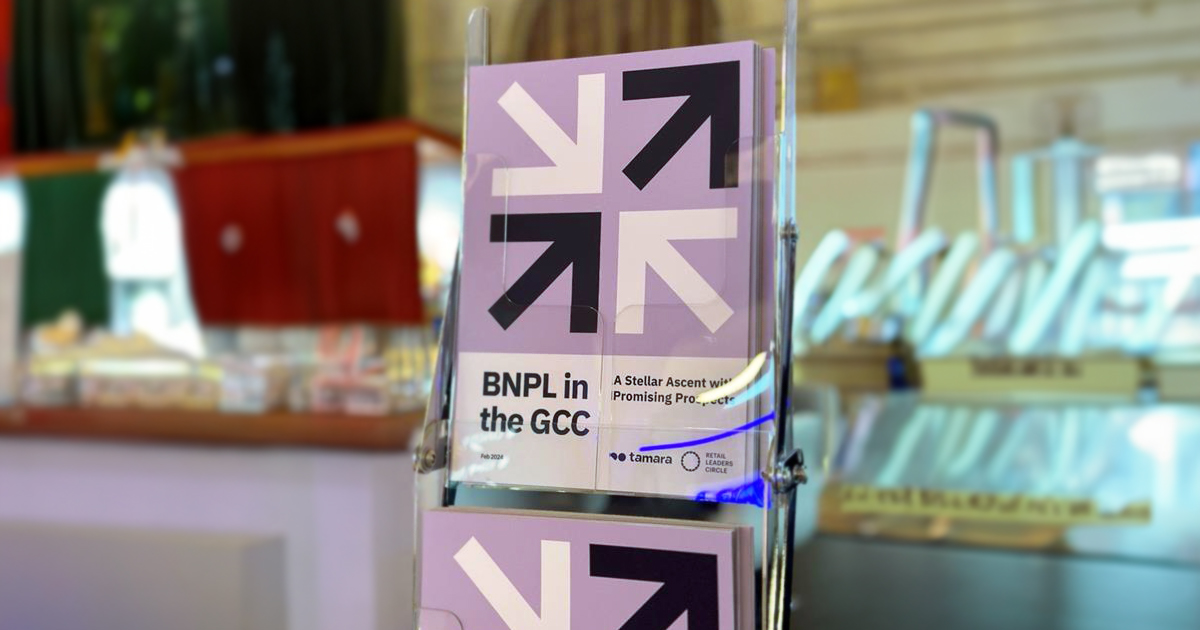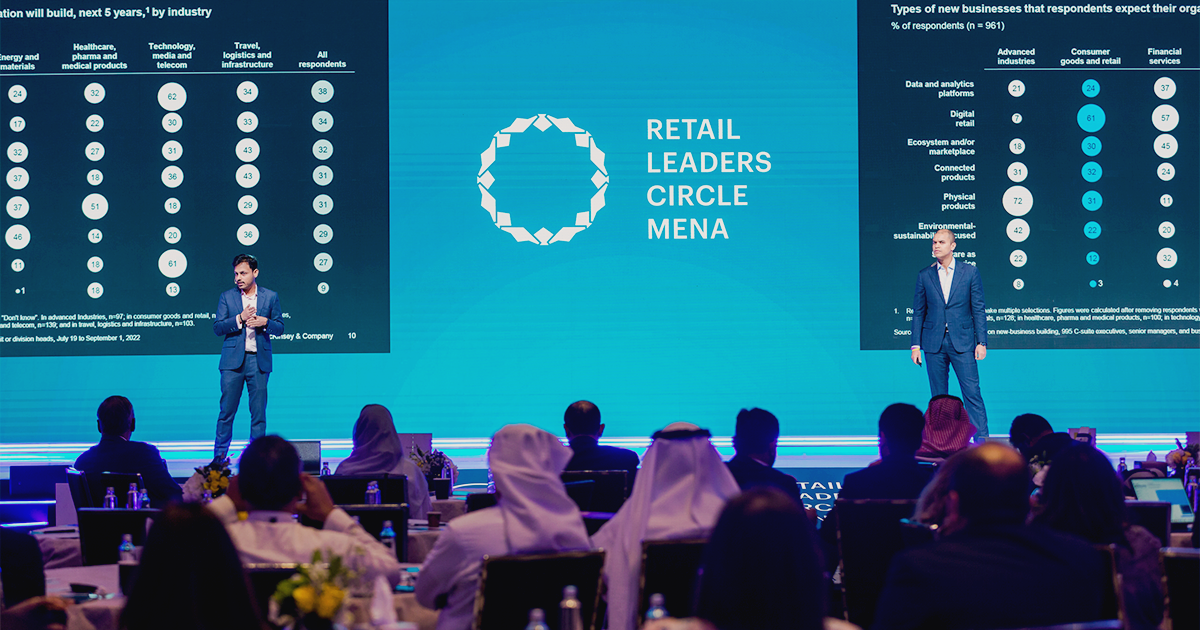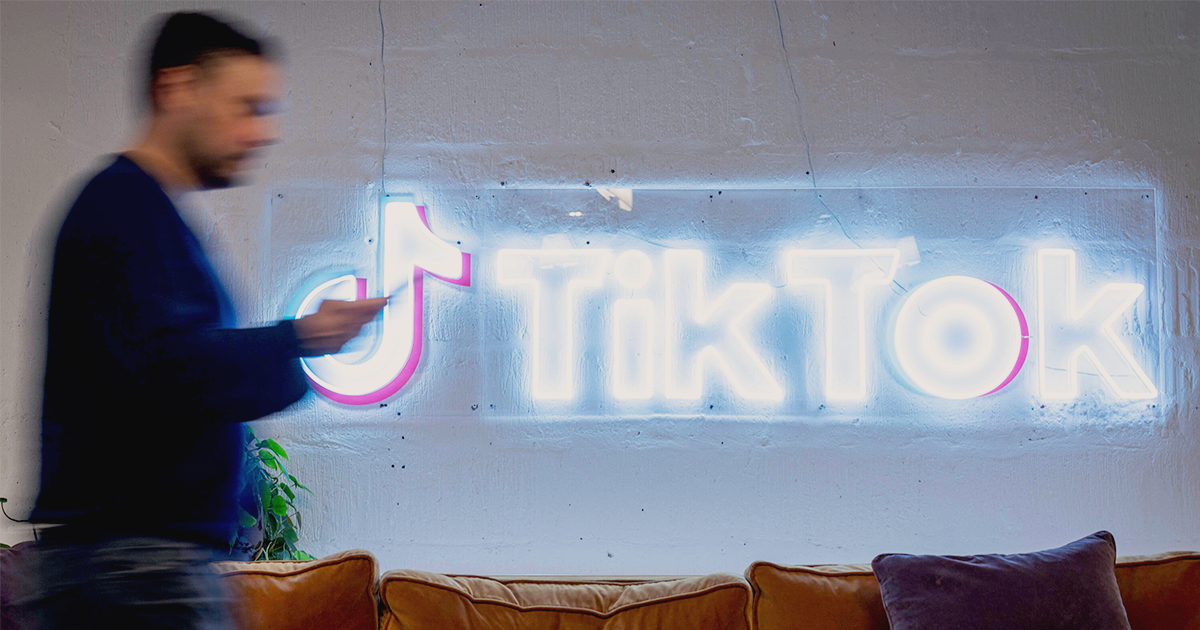

OpenAI introduced ChatGPT less than a year ago, and its impact on industries worldwide is remarkable, particularly in customer care according to BCG’s report. These applications, built upon large language models (LLMs), mimic human-like text and voice, displaying a capacity to answer complex queries and generate responses with impressive diversity. This has led to swift public engagement, fostering acceptance and excitement over its capabilities.
The potential for customer service enhancement through generative AI is evident. The projected impact is substantial; widespread adoption could boost productivity by 30% to 50% or even higher. A 2022 survey by BCG revealed that 95% of customer service leaders globally expect AI bots to service customers in some capacity within three years.
The potential benefits are noteworthy. LLMs can extend automation capabilities, performing intricate customer service tasks beyond previous technologies’ capabilities. These models, built on extensive data and trained to recognize and generate complex text and speech, can significantly accelerate response times, imitating human interaction effectively.
Companies have already begun integrating LLMs into customer service. Octopus Energy, for instance, employed generative AI to expedite email responses, resulting in higher customer satisfaction scores compared to human responses. This technology’s trajectory is expected to advance through different stages: initially offering reactive responses with human oversight, progressing to resolving complex queries independently, and ultimately providing comprehensive AI-enabled support tailored to individual customer journeys.
Despite the potential, generative AI faces limitations. Inaccuracies and biases are common concerns, particularly in customer service contexts where reliability is crucial. While human oversight is essential now, advancements in data quality, bias reduction, and accuracy could lead to reduced human intervention. Maintaining a human-like touch and empathy remains paramount.
Overcoming these challenges involves strategic decisions. Companies must choose between ready-to-use AI solutions, major tech platforms, or developing custom models. Starting with simpler, high-value use cases to test technology is advised. JetBlue partnered with a technology vendor to automate its chat channel, saving agent time. A technology company is introducing a generative AI “sidekick” for technical support.
Ultimately, the swift advancement of generative AI is reshaping customer service and business models. Customer service functions are evolving into data-driven, collaborative entities capable of predicting customer behavior and addressing their needs. As generative AI evolves, it may impact various business aspects, including production and supplier interactions. As technology progresses rapidly, companies must prepare for its transformative potential.
To read the full report click here.














